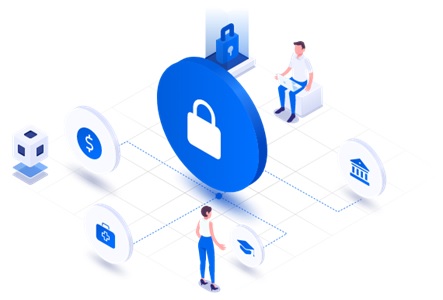Microsoft has just announced an agreement for customers developing ethereum-supported applications on Azure that deals with mining.
Dubbed as “proof-of-authority,” the technique notably restores the proof-of-work mining procedure that is widespread in public blockchains. On the other hand, it is only valid in network cases that are authorized. This includes consortium or private blockchains (where only invited companies may take part as nodes), claimed Cody Born, Azure software engineer, to the media in an interview.
The inclusion of proof-of-authority permits institutional customers of Azure to confirm transactions more professionally and preserves high levels of safety, claimed Born.
Proof-of-authority agreement fundamentally needs the presence of invited companies as the evidence of their contribution in the decentralized system.
To that effort, the announcement stated that the mechanism permits every participant in the agreement to hand over various nodes to operate on their behalf. The objective for this is to make sure that even if one node fails, an authority of the agreement can still preserve its attendance on the network.
On a related note, Microsoft hinted to new risk factors linked to the markets that it is chasing. This is claimed in its newest annual report, which was launched this week.
The firm has alerted investors earlier about the risks comprised in cloud services, where it has turned out to be a bigger force. Now, since Microsoft looks forward to execute on development opportunities linked with AI and devices that link to the Internet, it is flagging possible problems that can emerge in these areas.
Microsoft, in its report, does not accept the dustup over its work with the U.S. Immigration and Customs Enforcement for the year that concluded in June. On the other hand, it does recommend that there is a possibility for reputational or brand harm that could emerge from the employment of specific AI technologies.



